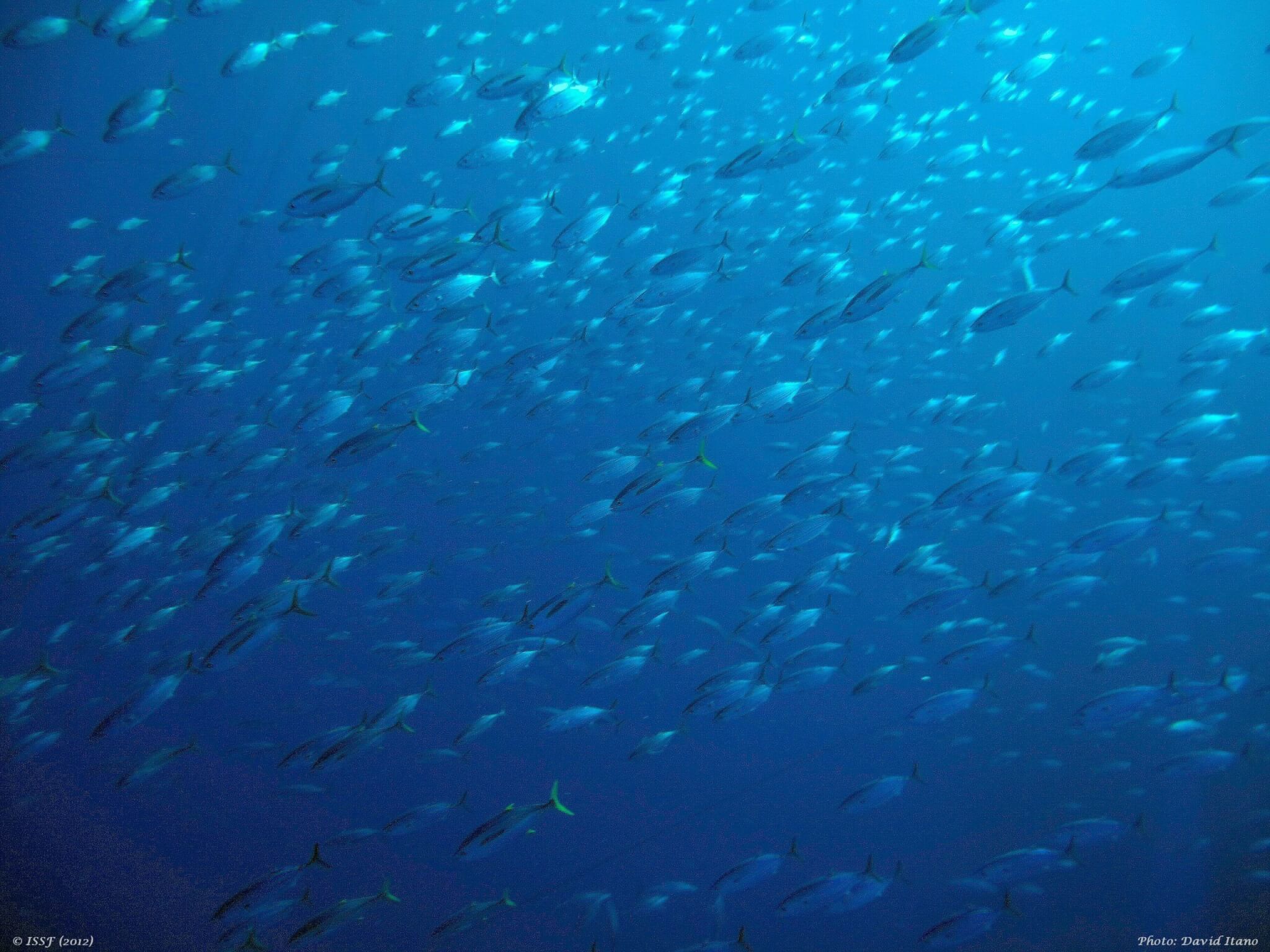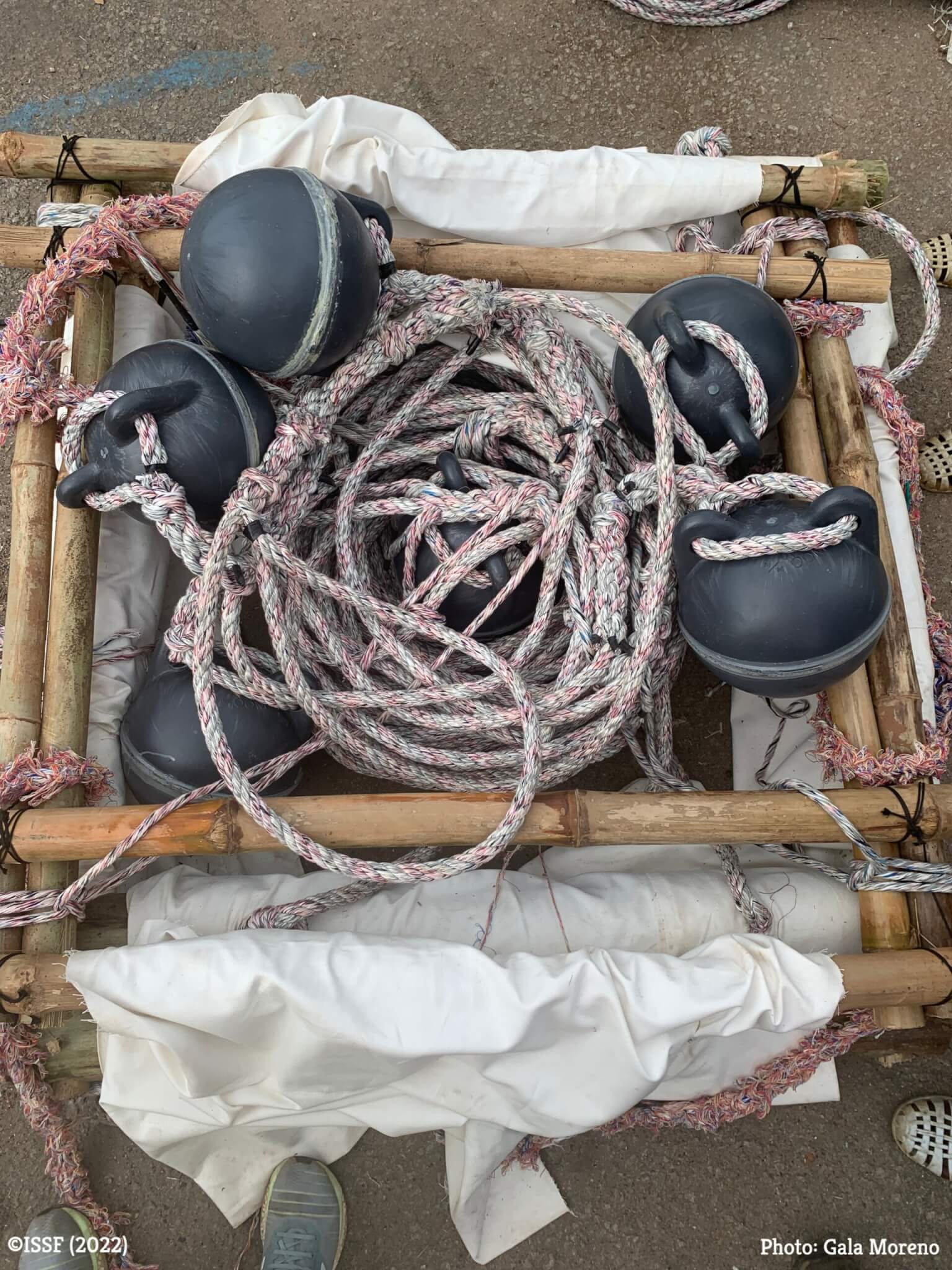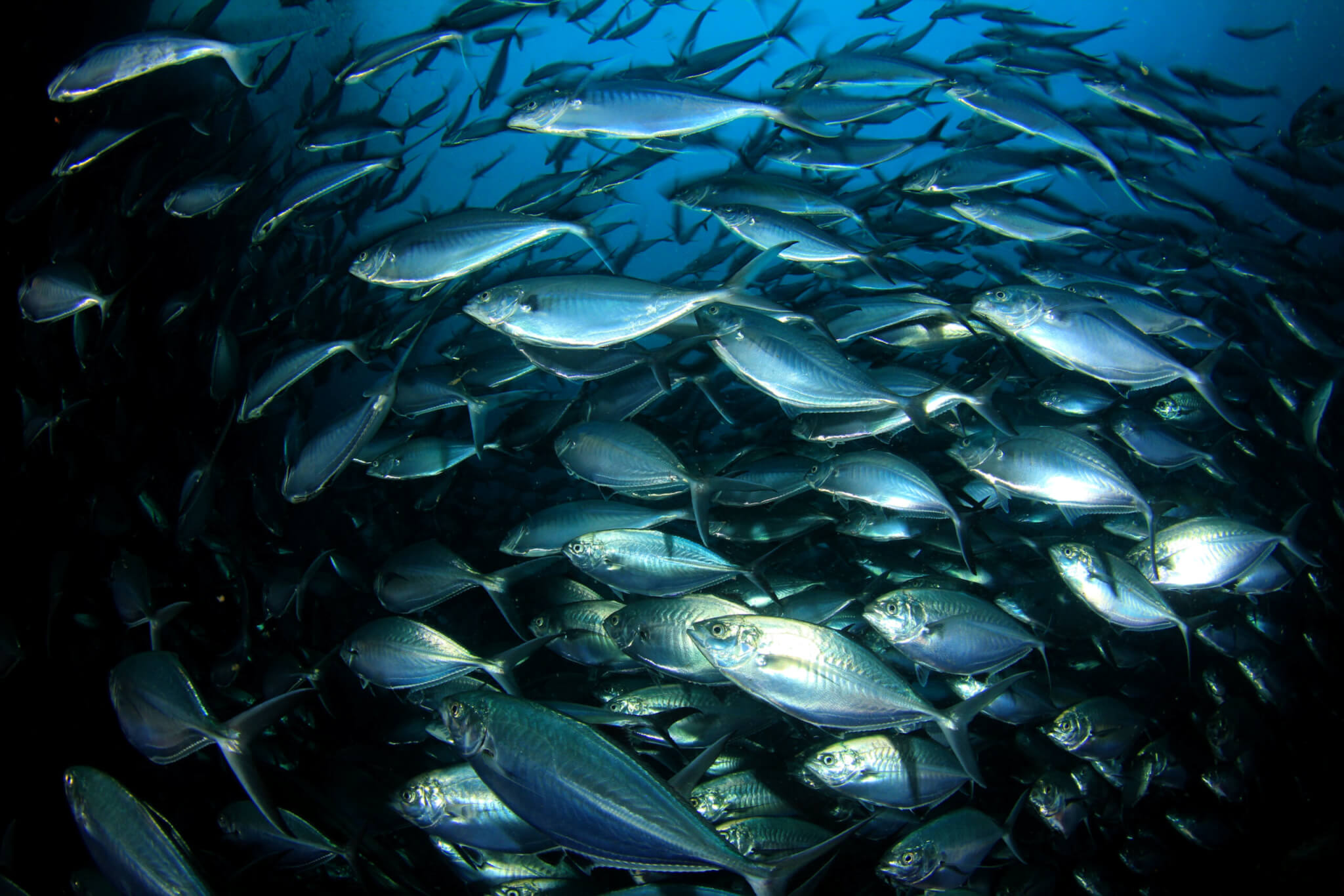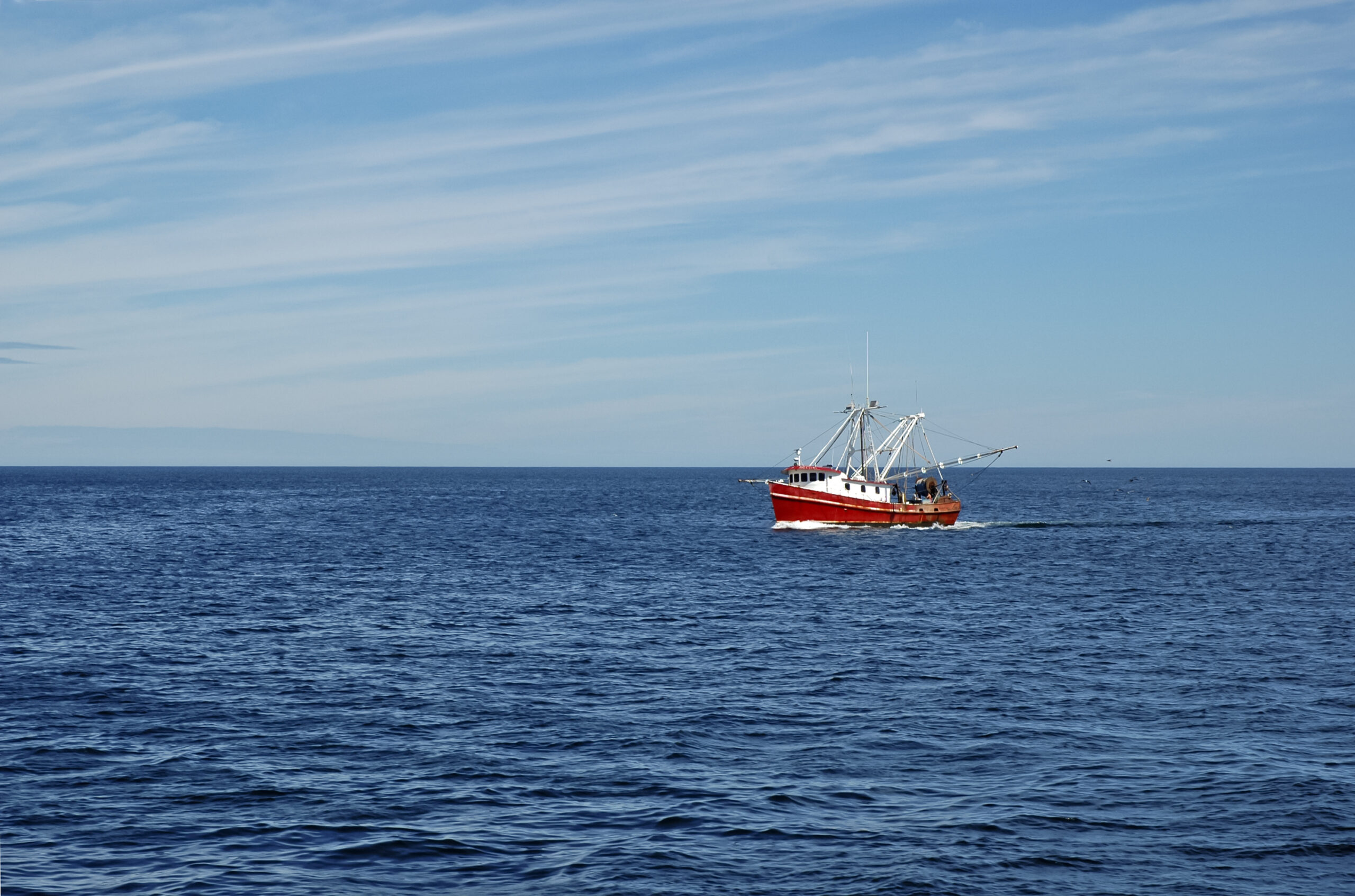Exploring Technology to Support Selective Fishing | AND ISSF Experts in the News
Featured Content
ISSF scientists are exploring innovative ways to use acoustic equipment at sea as a tool to prevent overfishing — and reduce bycatch — in purse-seine tuna fisheries.
We are studying how echosounder buoys near fish aggregating devices (FADs) can detect the distinctive “sound signatures” of different tuna species — and transmit that information to vessels before fishers travel to a FAD to make a set. If fishers can harness acoustic technology to “preemptively” estimate the type and amount of fish gathered at a particular FAD, they can choose to fish only on FADs with higher proportions of tuna species for which stocks are in healthy condition — and avoid those that have attracted larger groups of non-target species.
A Web feature story — with animated illustrations and photos of ISSF research projects — shows how fishers can use acoustic technology to better identify species at FADs, and fish more sustainably.
Featured Video
On the launch of the ISSF Strategic Plan for 2023-2027, Continuously Improving Global Tuna Fishery Sustainability, ISSF President Susan Jackson discusses progress in research and innovation, including acoustic discrimination as a tool to support selective fishing.
ISSF Experts in the News
Pacific Ocean Tuna Fisheries and the New MSC Fisheries Standard
In the world’s largest tuna fishing grounds, an important initiative is underway to ensure fisheries can meet the newest requirements of the leading seafood sustainability certification standard – the Marine Stewardship Council (MSC) fisheries standard.
In a Seafood Source op-ed, ISSF’s Dr. Victor Restrepo reviews how embracing a new pathway to harvest strategies now is helping some fisheries retain MSC certification, while more work remains for many other stocks.
Indian Ocean Tuna Commission is the first Regional Fisheries Management Organization to Adopt Electronic Monitoring Standards for Multi-Billion Dollar Fisheries
By adopting electronic monitoring standards for its fisheries, the Indian Ocean Tuna Commission has set an example for other RFMOs to follow. Their action will hopefully inspire more countries and organizations to embrace innovative technologies to independently monitor fisheries and help safeguard our oceans and marine resources for future generations.
ISSF’s Dr. Hilario Murua reflects on an important step forward in responsible and data-driven fisheries management in a guest article for EM4Fish.
Featured Fact
ISSF Participating Companies are seafood companies that commit to conform to our conservation measures (CM) for improving the long-term health of tuna fisheries.
We adopted CM 4.3(a) Observer Coverage to support RFMO data collection efforts in order to properly assess the impact of FAD fisheries and other activities. The measure requires transactions only with those large-scale purse seine vessels that have 100% observer coverage on every fishing trip and observing every fishing operation.
All companies were in full conformance with CM 4.3 in our April 2023 ISSF Annual Conservation Measures & Commitments Compliance report.



